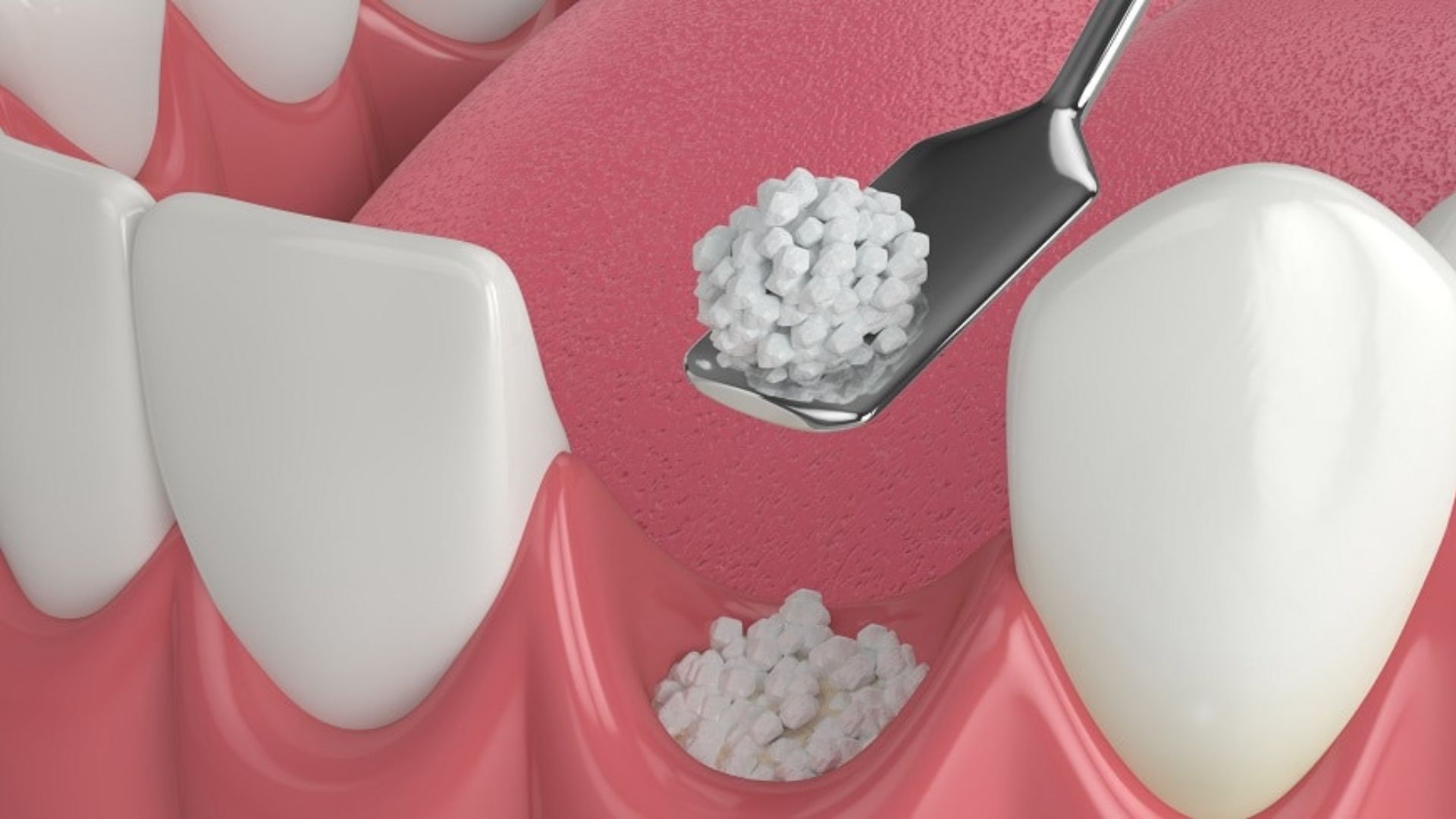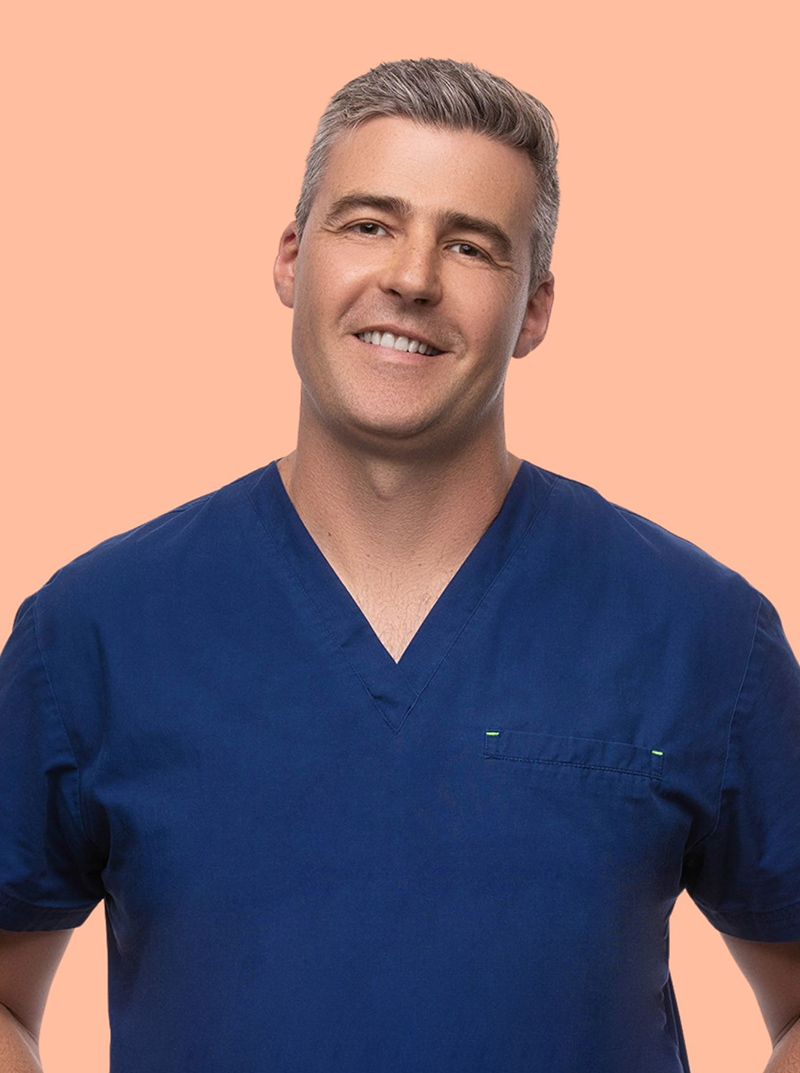Can I Still Get Dental Implants if I Have Jawbone Loss?

By: Dental Holistix
To be healthy and long-lasting, dental implants must be completely embedded in the jawbone, which is then covered by thick and firm gum tissue. When there is a deficiency of bone volume and density to hold and surround the implant, there is a high risk of it becoming unstable or infected over time. The gum provides a tight seal keeping the saliva and bacteria away from the implant and bone, so that it can remain healthy and solid.
In the past, those with significant jawbone loss were simply unable to get dental implants; however, modern techniques and technology have completely changed that. Today, there are multiple solutions available for those who have severe bone loss.
One option is bone grafting. During a bone grafting procedure, the defect in the existing jaw bone is filled out and reconstructed to its original shape with little granules of calcium phosphate mineral. This acts as a scaffold that your own bone grows around and through, and eventually replaces, improving bone density and volume, and allowing you to have enough support for dental implants.

Types of bone grafting
There are a total of 4 types of dental bone grafts categorised by where they are derived from (your own bone, other human bone, animal bone, synthetic materials); however, at Dental Holistix, we mainly use the first and third varieties so these are the two we will discuss.
1) Autograft
This is using bone from your own body: healthy jawbone (usually from the lower wisdom tooth area), not from the hipbone or shinbone (tibia) as was sometimes done back in the day.
2) Xenograft
This is bone mineral (calcium phosphate granules) derived from animals. All of the cells, proteins, and other components in the bone are removed and the remaining mineral is very similar to the structure of our own bone.
At Dental Holistix we use BioOss, which is derived from cows in New Zealand and Australia. This is the most commonly used, and most successful material for bone regeneration worldwide and has a long history of clinical use and scientific articles spanning over more than 30 years.
Am I a suitable candidate for a dental bone graft?
People who have certain medical conditions or take certain medications may not be a good candidate for a dental bone graft. For example, individuals with bleeding disorders, autoimmune diseases, or uncontrolled diabetes may be at higher risk of complication during or after the procedure. Similarly, people who take blood thinners or certain other medications that affect the body’s ability to clot blood may have issues with bone grafts. For those people, another option is the placement of zygomatic implants. These types of implants are used where the upper jawbone has almost completely disappeared, and are anchored higher up into the base of the cheekbone rather than the jawbone. This is a great option for those who are not good candidates for a bone graft, or want to avoid the longer healing periods associated with larger bone grafts.
Ultimately, the decision to undergo a dental bone graft will depend on each person’s unique situation, and should be made in consultation with a qualified dental professional.
Our dental implant and bone grafting expert, Dr Nick Williams, can evaluate your oral health and medical history to help put a treatment plan in place for you. If you’d like to book in for a consultation, just give the clinic a call on 07-858 0750.

Book in for a consultation with Dr Nick Williams
Dr Nick Williams is dedicated to providing long-lasting dentistry of the highest quality and equipping patients to achieve the best oral health possible.
Book Now